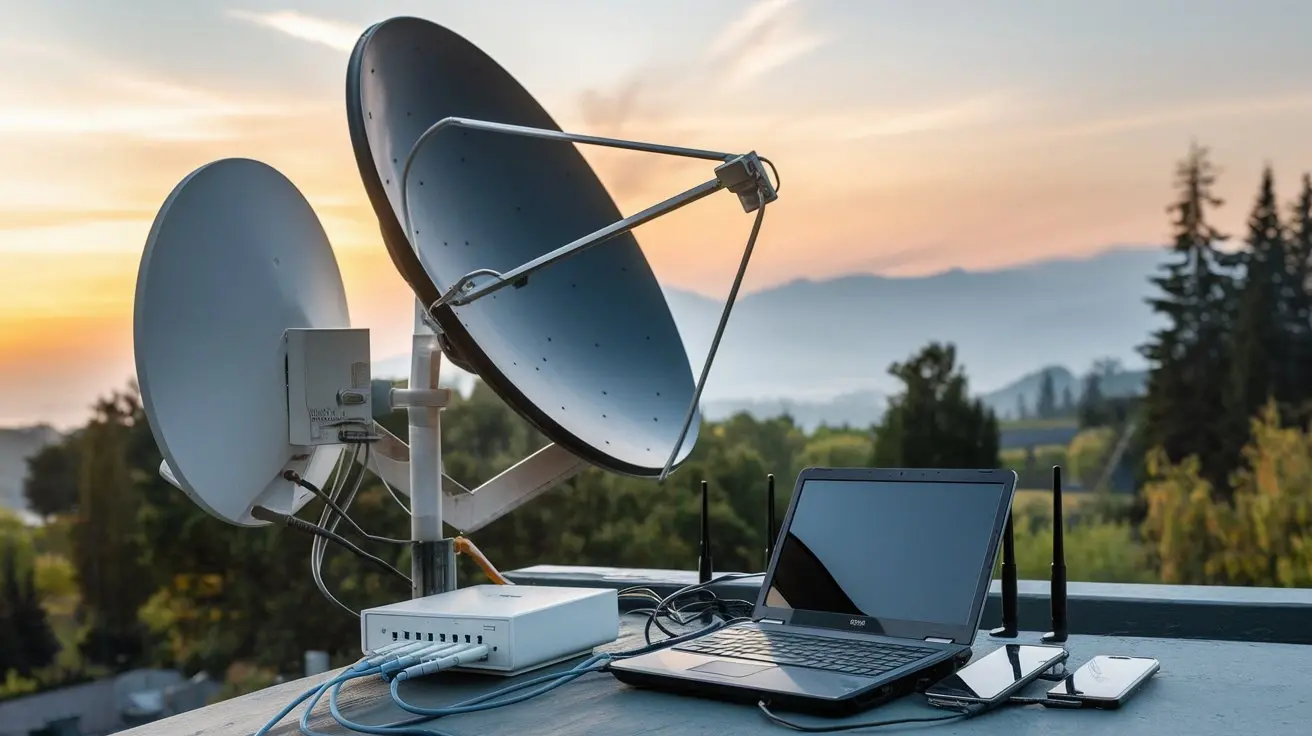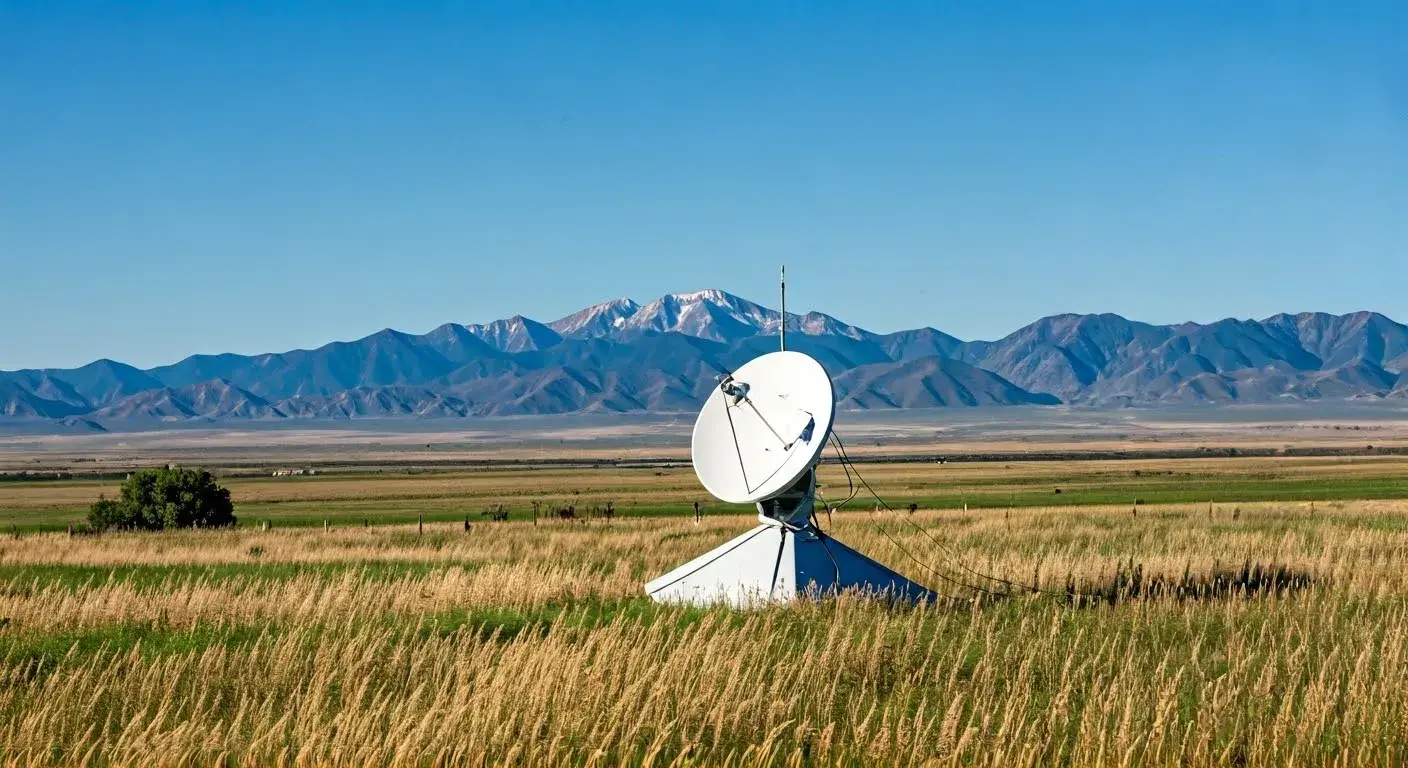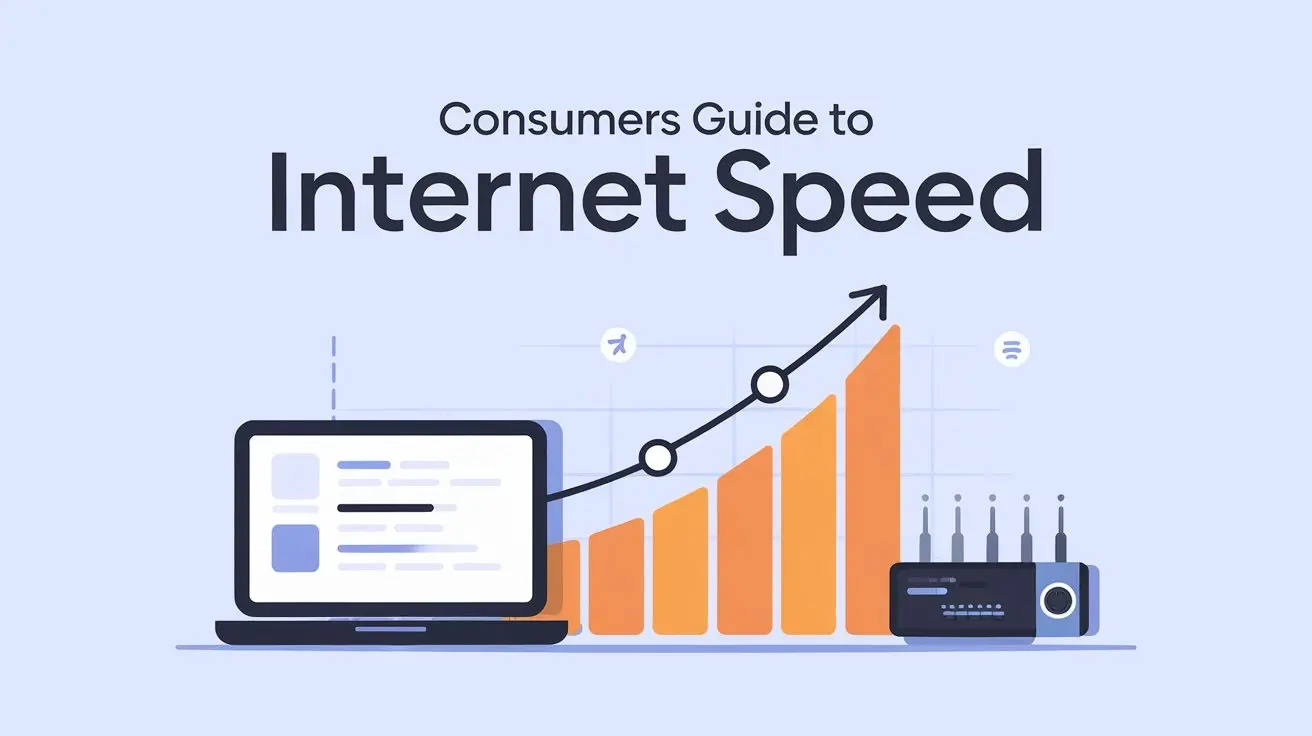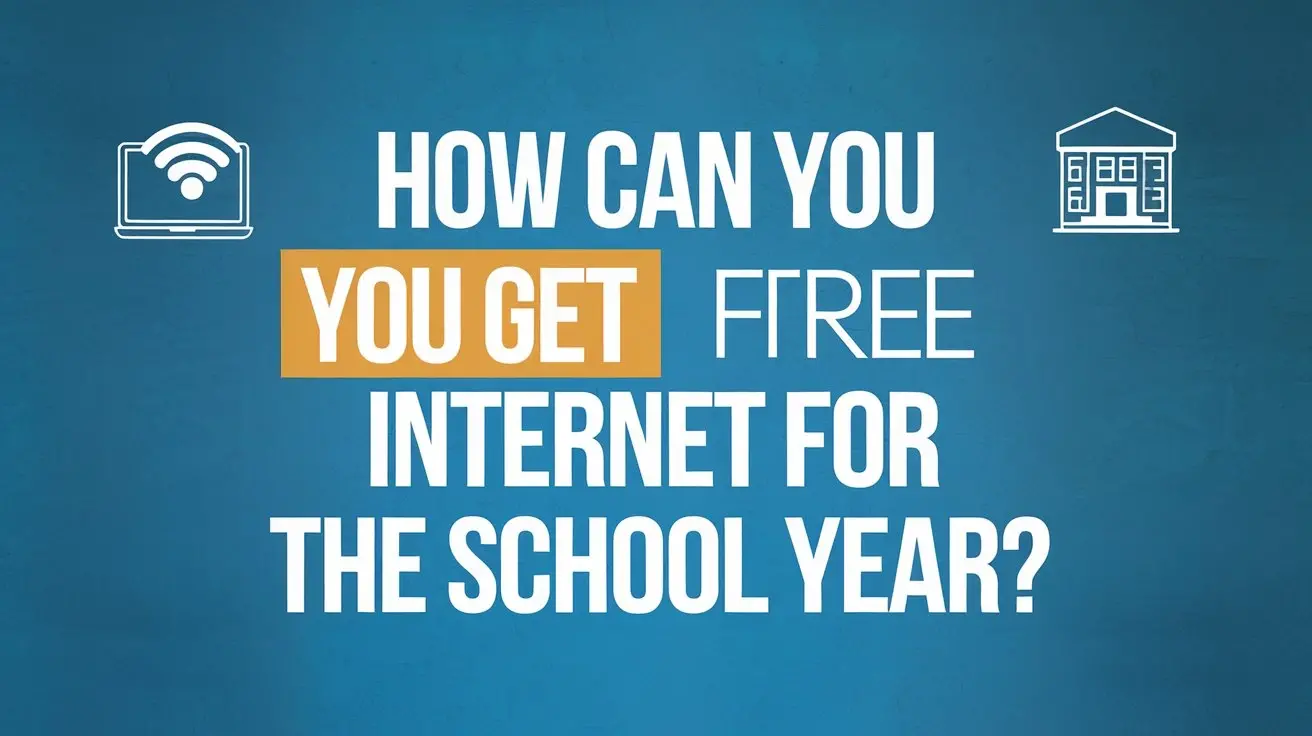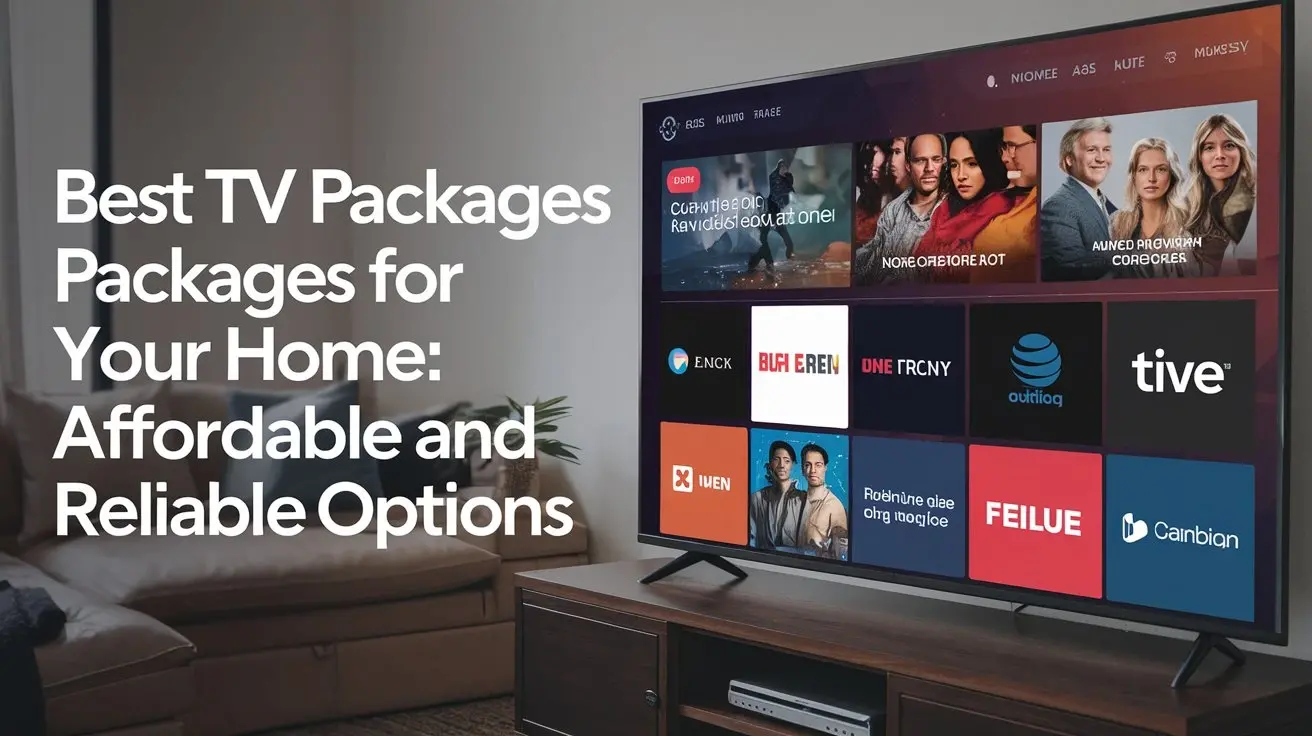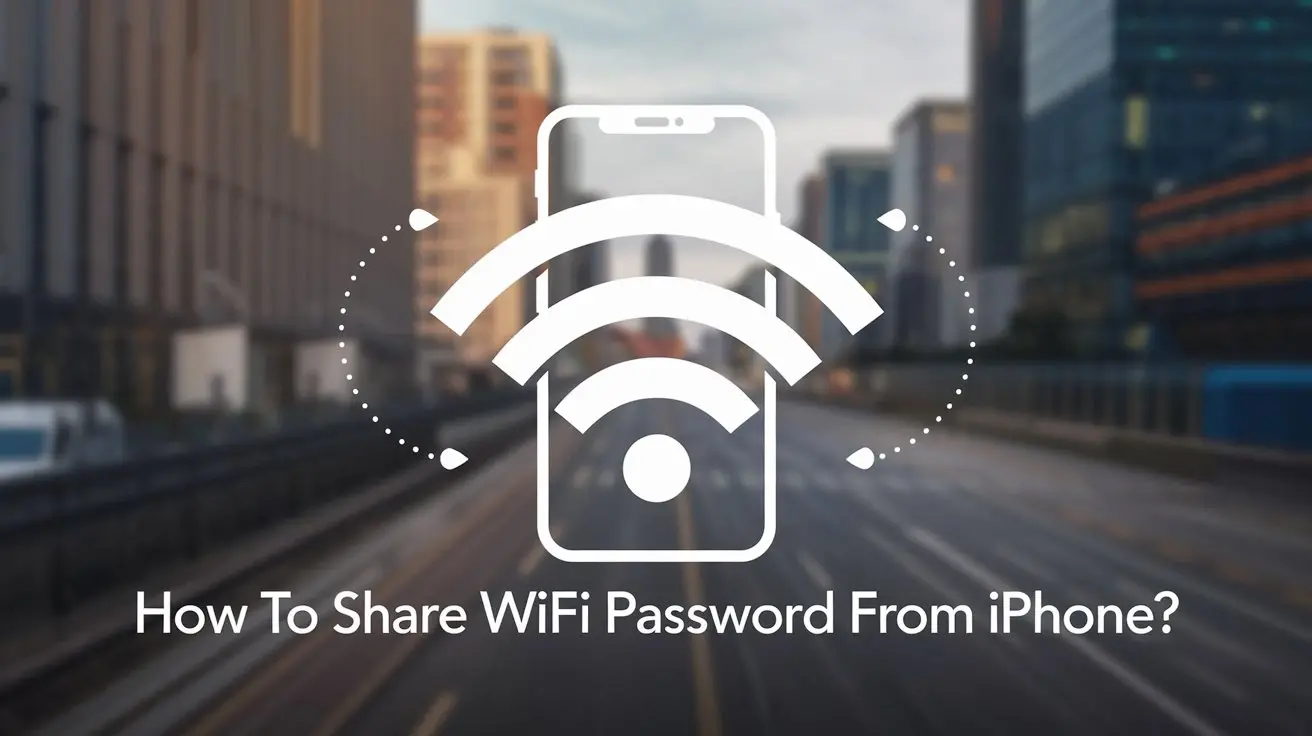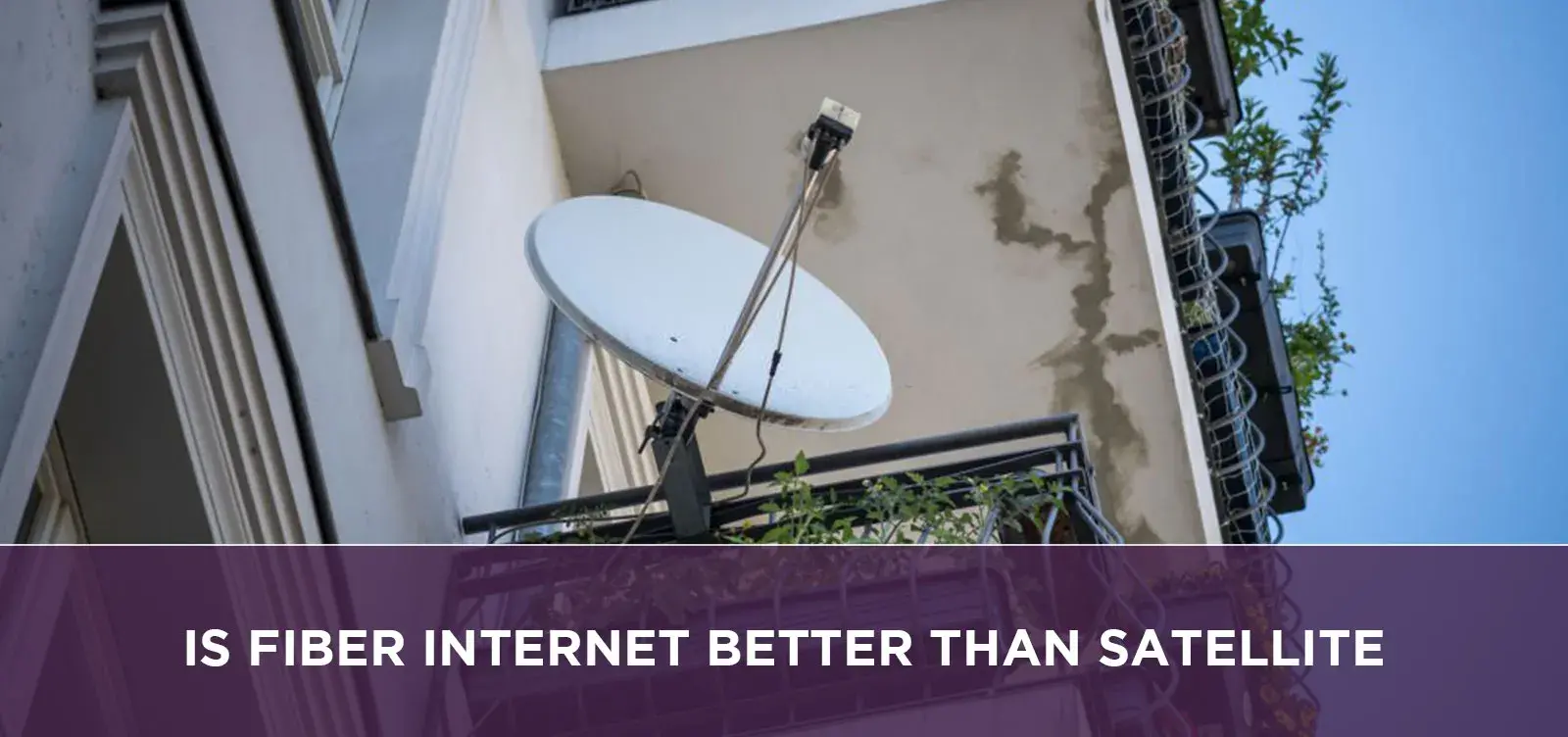
These days, a consistent internet connection is vital. When weighing your choices, you could ask, "Is Fiber Internet Better Than Satellite?" We will explore the realm of internet connections in this post, weigh fiber and satellite choices, and assist you in selecting the one suitable for your situation.
Fiber Internet: The Game Changer
Our connection to the internet is transforming thanks in great part to fiber internet. Understandably, many consumers are choosing fiber connections given their lightning-fast speeds and great dependability.
The Need for Speed
For heavy internet users, gamers, and companies, fiber internet provides shockingly fast speeds. Downloading and uploading big files comes naturally.
Low Latency
The low latency of fiber is one of its main advantages as it reduces lag during online gaming and video conferences.
Satellite Internet: Connecting the Unreachable
There is another use for Satellite internet. For those living far away, it is a lifeline as conventional cable connections are rare in some places.
Wide Coverage
Extensive coverage offered by satellite internet reaches even the most far-off places. Users outside the grid turn to this first option.
Weather Dependency
Satellite internet is sensitive to weather, however. Less dependability in certain cases as stormy weather might cause signal disruptions.
Is Fiber Internet Better Than Satellite?
"Is Fiber Internet Better Than Satellite?" the million-dollar question now begs. The response depends on your location and requirements.
Regarding dependability and speed, fiber internet is not easy to top. In metropolitan settings with accessible infrastructure, it's ideal. Conversely, satellite internet excels in areas distant and rural when choices are few.
Fiber vs. Satellite: A Detailed Comparison
| Aspect | Fiber Internet | Satellite Internet |
|---|---|---|
| Speed | Blazing fast, with high download and upload speeds | Decent speeds, but not as fast as fiber |
| Reliability | Extremely reliable, with consistent performance | Weather-dependent may suffer from signal interruptions |
| Coverage | Predominantly available in urban areas | Available virtually everywhere, especially in remote locations |
| Installation | Requires physical infrastructure | Easy installation with a dish and modem |
| Latency | Low latency, ideal for gaming and real-time applications | Higher latency, may not be suitable for competitive gaming or video conferencing |
| Cost | Usually more expensive | Can be cost-effective for remote users |
FAQs
Q: Can I get fiber internet in a rural area?
A: Fiber internet is typically available in urban areas. However, some rural regions may have access to fiber connections. It's best to check with local providers.
Q: Is satellite internet reliable during bad weather?
A: Satellite internet can be affected by severe weather conditions like heavy rain or storms. This may lead to temporary signal interruptions.
Q: Which option is more budget-friendly?
A: Satellite internet is often more cost-effective, making it a practical choice for users in remote areas. Fiber internet tends to be pricier.
Q: Is fiber internet suitable for online gaming?
A: Yes, fiber internet's low latency makes it ideal for online gaming, ensuring a seamless and lag-free experience.
Q: Can I install satellite internet myself?
A: Yes, satellite internet installation is relatively easy. Providers usually offer self-installation kits.
Q: Is fiber internet available in my city?
A: Fiber internet availability varies by location. Check with local internet service providers to see if it's available in your area.
Conclusion
There isn't a clear victor in the "Is Fiber Internet Better Than Satellite?"' struggle. There are advantages and drawbacks to both choices. Though it may not be available everywhere, fiber internet shines in dependability and speed. Though slower and depending on the weather, satellite internet offers a lifeline to far-off places. Your location, price, and internet demands will all determine your pick.
Tired of slow internet? It's time to switch to HughesNet! Call us now at (888) 797-3141 and say goodbye to buffering.
